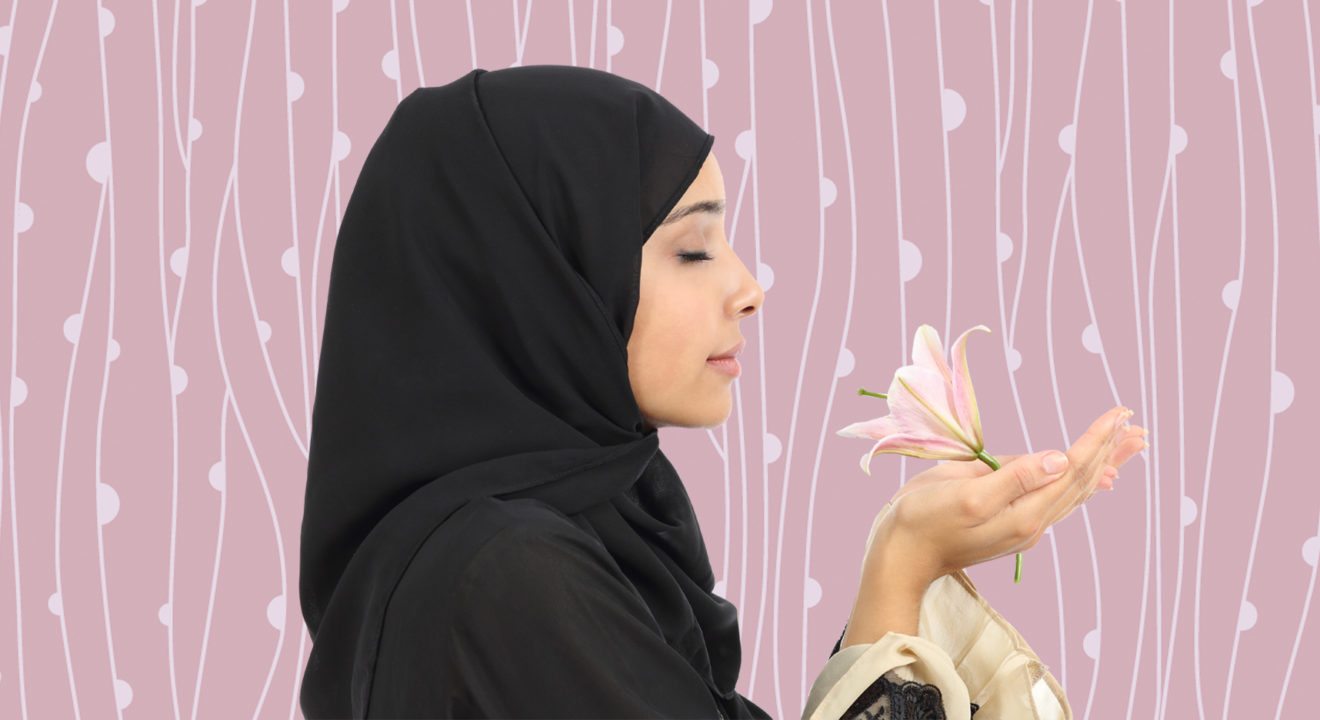Politics August 11, 2016


On December 12, 2015, the first Saudi Arabian woman voted. And by the end of the day, 17 women became elected officials for the first time in the country’s history.
“It felt really good,” Salma al-Rashed, the first woman to register to vote in Saudi Arabia’s municipal council elections, told the BBC. “Change is a big word but the election is the way to make sure we are really represented.”
Al-Rashed was one of around 130,000 women who registered to vote that day. Al-Rashed and other women rejoiced in the historic moment. But freedom has many diverse faces, and for some women in the Sunni Muslim country, the path toward women’s rights may look different than it does in other parts of the world.
The voting reform is the work of King Abdullah, who in 2011 said that women “have demonstrated positions that expressed correct opinions and advice.” He also welcomed women into his Consultative Council, saying that 20 percent of his advisors should be women.
Fortune describes Saudi Arabia as an absolute monarchy run by Sunni Muslims, who adhere strictly to the Quran’s statements about women’s roles in society. Saudi Arabian women often stay at home instead of working, must keep their heads covered in public and are not allowed to drive cars.
Though women around the world are outraged at this lack of freedom, some Saudi Arabian women say this focus on women’s lack of rights diminishes the accomplishments they have already made in their country.
At the same time, however, many women in Saudi Arabia still support the male-dominated society. In the comments section of a survey about women’s rights at at Um al-Qura University, Mecca, one student said, “In my point of view, female driving is not a necessity because in the country of the two holy mosques every woman is like a queen. There is (someone) who cares about her; and a woman needs nothing as long as there is a man who loves her and meets her needs; as for the current campaigns calling for women’s driving, they are not reasonable. Female driving is a matter of fun and amusement, let us be reasonable and thank God so much for the welfare we live in.”
Many women are concerned about Westernization; they want to remain true to their Muslim faith even as they campaign for a voice in their country.
Journalist Maha Akeel, a frequent critic of her government’s restrictions on women, states that Westerner critics do not understand Saudi. “Look, we are not asking for … women’s rights according to Western values or lifestyles…We want things according to what Islam says. Look at our history, our role models.”
But a recent Researchgate study showed that Saudi Arabian women are looking to have more say in their government. “Through a survey of 160 women leaders, this article attempts to identify the challenges that women leaders face in government sectors in Saudi Arabia. Findings indicate that the main challenges are: structural challenges, lack of resources and lack of empowerment, while cultural and personal challenges ranked last, contrary to common perception.”
Al-Rashed demonstrated the wisdom and “correct opinions” that impressed King Abdullah when the BBC asked al-Rashed whether she would vote for a man or a woman: al-Rashed voted for “the best person.”